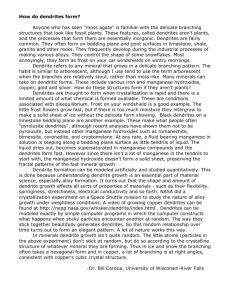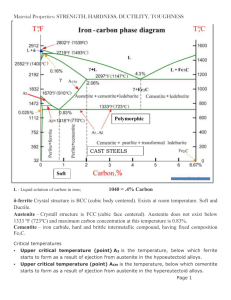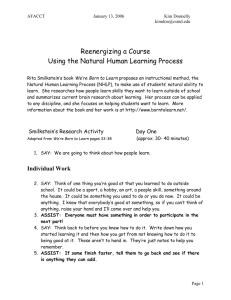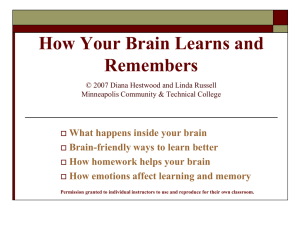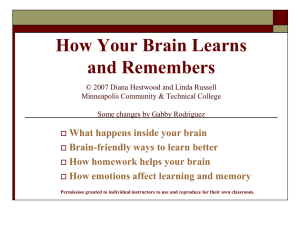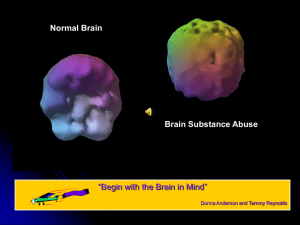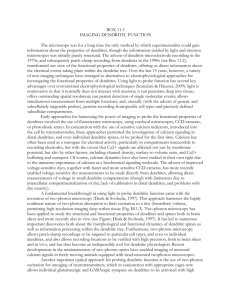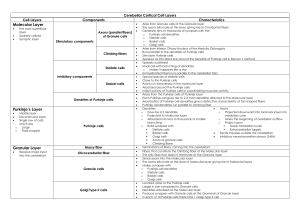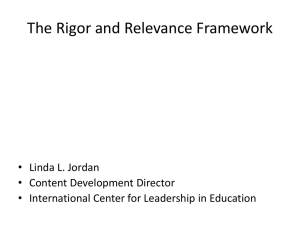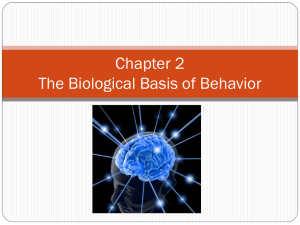Details from the staff meeting held on May 16th at Crockerton….
advertisement
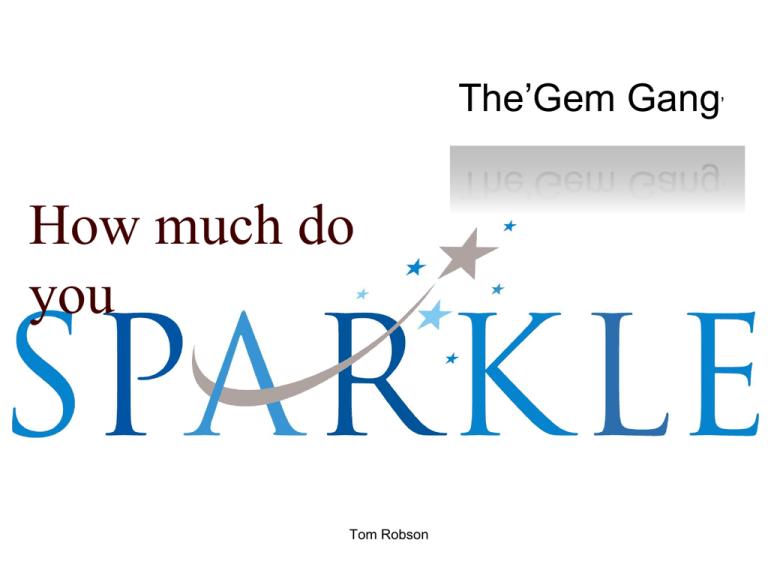
The’Gem Gang’ How much do you Tom Robson Do you sparkle? Do you make other sparkle? The gem powers, the science behind it Brain cells are called neurons. You are born with at least 100 billion neurons. Dendrites (fibers) grow out of the neurons when you listen to/write about/talk about/ practice something. Building diamond power Neurons know how to grow dendrites, just like a stomach knows how to digest food. Learning = Growth of dendrites. New dendrites take time to grow; it takes a lot of practice for them to grow. Connections form between neurons. When two dendrites grow close together, a contact point is formed. A small gap at the contact point is called the synapse. Messages are sent from one neuron to another as electrical signals travel across the synapse. Practice builds strong connections! Special chemicals called neurotransmitters carry the electrical signals across the synapse. When you practice something, it gets easier for the signals to cross the synapse. That’s because the contact area becomes wider and more neurotransmitters are stored there. Practice builds faster connections. When you practice something, the dendrites grow thicker with a fatty coating of myelin. The thicker the dendrites, the faster the signals travel. The myelin coating also reduces interference. Practice builds double connections. With enough practice, the dendrites build a double connection. Faster, stronger, double connections last a very long time. You remember what you learned! Short-term memory is VERY short! If you learn something new and do it only once or twice, the dendrite connection is very fragile and can disappear within hours. Within 20 minutes, you remember only 60%. Within 24 hours, you remember only 30%. But if you practice within 24 hours, and then practice again later, you remember 80%. Make the most of practice time… You grow dendrites for exactly the same thing you are practicing. If you listen or watch while math problems are solved, you grow dendrites for listening or for watching. If you actually solve the problems yourself, you grow dendrites for solving. Diamond power You must do something active (explain, solve, draw, write, etc.) in order to learn, because… You must do something active to learn, because… Dendrites grow ONLY when you are actively doing something. No one else can grow dendrites for you! Dendrites cannot grow in a void. New dendrites can only grow off of what is already there. New skills must connect to, and grow off of, previously learned skills. If you do not have the necessary dendrites in place, new material will seem to go “right over your head”. Always start with something that matches your skill level. Diamond Power Dendrites take time to grow, because… Dendrites take time to grow, because… It takes a lot of practice for dendrites to grow. This is why we have to practice lots. This is why trying to revise everything into your brain the night before a test doesn’t work. Emerald power Mistakes, with feedback, are essential and good, because… Emerald power Making mistakes, and getting feedback so you can correct them, allows you to check the accuracy of the connections in your brain. Be sure to get feedback quickly so you don’t practice the wrong thing and build a strong, but wrong, connection! emerald power Emotions affect learning and memory! Let’s see how it works… What can emotions do to you? stress floods your body with nor-epinepherine (“fight or flight”). this makes it hard for the neuro-transmitters to carry messages across the synapses in your brain. That causes “blanking out” on a test. Ruby power Endorphins, oxytocin and serotonin make you feel calm and positive Your body produces these when you relax, exercise, laugh, learn new things and think and do kind things If you practice producing calming hormones, it will help when you are under stress. The’Gem Gang’
